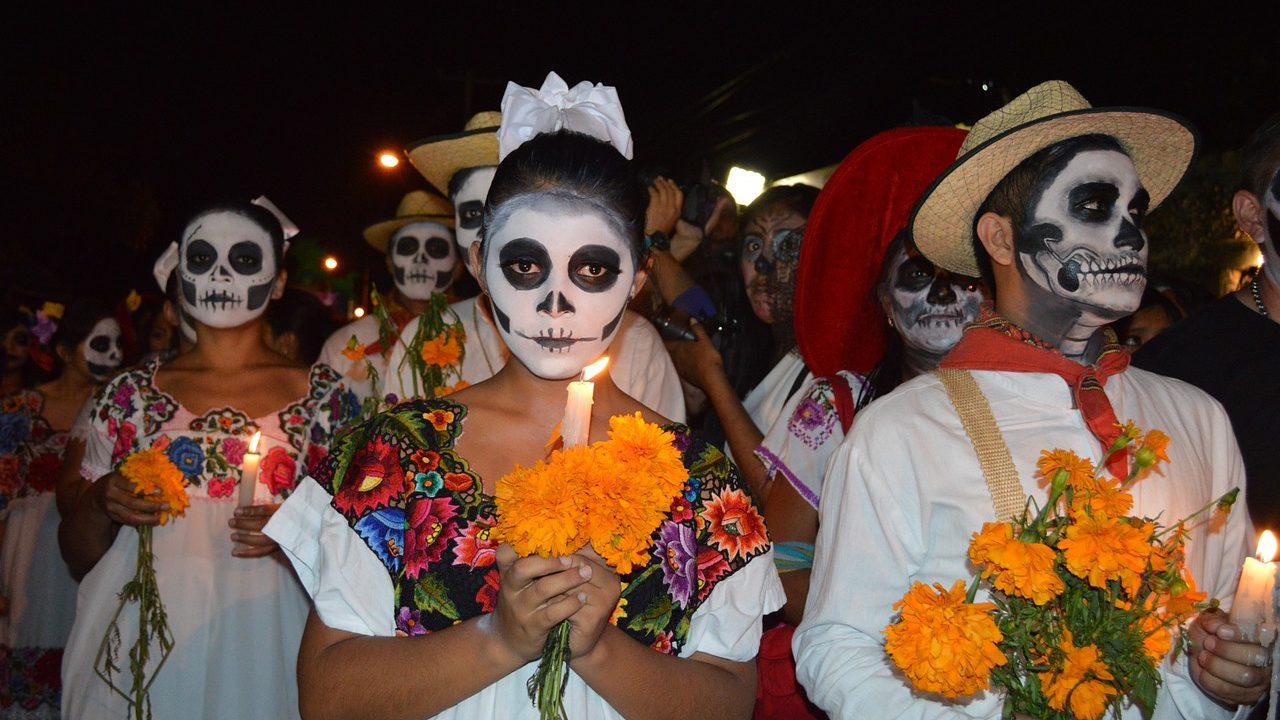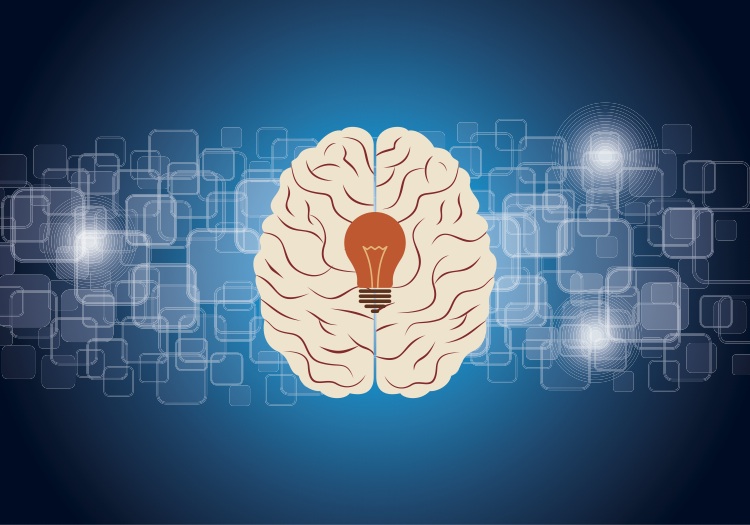Seize the day? Here’s what people get wrong about “carpe diem”

- In his book This Beauty: A Philosophy of Being Alive, philosopher Nick Riggle explores the common phrases people say to inspire themselves or others to live good lives.
- One of the most common — and perhaps misunderstood — pieces of advice comes from ancient Rome: “carpe diem.”
- In this excerpt of the book, Riggle takes a closer look at what Horace likely meant in his poem Odes 1.11.
You are familiar with the Ancient Roman advice, carpe diem, often translated as seize the day. Less familiar is the phrase that follows it in Horace’s famous poem, Odes 1.11, which reads carpe diem, quam minimum credula postero: trust as little as possible to the future. What exactly does this mean? It is tempting to interpret it as carpe diem’s cousin: live like there is no tomorrow. But why should anyone live like there is no tomorrow? Why isn’t that terrible, irresponsible advice? It might have you saying things you will regret, selling goods you should keep, or staying up all night swinging from a chandelier, living like tomorrow doesn’t exist. Like it doesn’t exist! But it does.
And if you survive the chandelier escapade you will have to clean up after yourself. And how should you follow the advice to live as if there is no tomorrow? I know how to act when I’m pretending to be Sia on a karaoke stage. But pretending there’s no tomorrow? What is that supposed to inspire in me? You might think that if there were no tomorrow, then you should seize the day. Make the most of it. Live for now. But what does any of that mean? Are you seizing the day if you eat a healthy and complete breakfast and have a great day at work? Or do you have to eat ten tacos and tell your boss to go to hell? And why should you seize the day, anyway? Because you only live once! So what? Well, today might be your last day on earth! It probably won’t be, but just imagine that it is!
Isn’t it a little odd, anyway, to connect Horace’s thought that you should trust as little as possible to the future with living like there is no tomorrow? You can depend on the future quite a lot while ignoring or discounting your knowledge of the coming days, so the thought needn’t be about pretending that there is no tomorrow. Horace says to trust as little as possible to the future: you can trust as little as possible to the future while still trusting in the future a whole lot. You might eat as little as possible while still eating three meals a day.
I depend on the future in myriad ways. In fact, almost everything I do throughout my day—pay my bills, work on philosophy, cook, parent, water the plants, feed the cat—I do on the assumption that the future is forthcoming. What can you achieve by downplaying that fact?
Right now I am writing outside, and it is three weeks into spring deep in Southern California, in San Diego, in the California coastal sage and chaparral ecoregion that extends across the border well into northern Baja, Mexico. You might think of beaches when you think of San Diego. There are beaches here, but that is not what makes San Diego fascinating. There are beaches all up and down this coastline, from Cabo to Kitsilano and beyond. San Diego’s beauty lies more firmly in its canyons and coastal sagebrush, in the smell of sunbaked white and black sage, in the searching and twisted cacti that thrive and glow in the searing desert light.
I am looking at this beauty now, in the form of a tall coral-like ocotillo that we planted in our backyard. It looks ancient and fearsome, its arms reaching and bending over six feet, fortified by hundreds of hard inch-long thorns. Its crimson flowers, always surprising when they appear in the spring, have just emerged, attracting hummingbirds and bees. As I write this, a hummingbird floats around it, hovering over the flowers and succulent leaves, the iridescent, fiery, dragon-like feathers around its neck shimmering as it inspects the ocotillo.
My current experience is unmodified by my understanding of my limited life. I am not thinking about death or that this is the last time I might see this. I am just seeing it, observing the ocotillo with calm and care. Maybe I will die tomorrow; I am not thinking about that. The ocotillo does remind me of time—it looks ancient, reminds me of tenacity, survival, even pain or death in its hostile, defensive spikes. Those thoughts are associations evoked by the plant and may inflect my experience of its beauty, its aesthetic value.
When I am engaged by this beauty, my future is a misty horizon, vaguely present but out of mind, like the sound of construction in the distance. I haven’t lost myself; in fact I feel more like myself, more open, more attentive, mellow with a hint of love for the beauty. The misty horizon could darken, thicken into a fog; I could easily fall prey to thoughts about money, deadlines, family. Or, it occurs to me now, I could dwell on the fact that there are weeds poking out of the rocks near the ocotillo, Bermuda grass, the worst. I should pluck it. Did I pay the bill? The ocotillo’s beauty silences these thoughts.
I could change my experience by pairing it with the thought of an empty future. I might imagine that I will die tomorrow, or disappear, or that this is the last time I will ever experience this beauty. Does this decrease my trust in the future? Perhaps, but I prefer the other experience, when thoughts of life or death were absent and the experience was not framed by time in one way or another. There is a big difference between loving something while implicitly trusting that you will live longer and doing so explicitly thinking you could die at any moment.
I could have been unaware of this beauty, especially if I was anxious about the weeds or fixated on the future, on what I had to get done today, today, the only day. But doesn’t seize the day encourage such a fixation, telling us to do more, get more, be more? See the beauty, pay the bill, do the chores, run the miles, harder faster more productive.
Not if you listen to Horace. Horace tells you that carpe diem is about trust. When I lessen my trust in the future, I can put it elsewhere, in the present. But what am I trusting the present to do? What am I trusting it for? When I trust in the future, I trust it for its value, for the goods I hope it will bring if fortune favors me and my efforts succeed—the finished book, the healthy baby, the spare cash, or the future itself, the furtherance of my life and, hopefully, the flourishing of my being alive.
If I were to trust as little as possible in the future, then I would have to discount the good I hope it will bring. I would have to look elsewhere for value: for the things I might desire to make my life worth living. I might still vaguely trust that the future will be good, if only by being my future, but in trusting as little as possible in the future, I commit to ignoring that fact and so look elsewhere for the value I need to drive and define my life.
So maybe Horace’s point is really about focusing on value. Advice about focus is especially apt when you are inclined not to. And if you are like me, then you are no monk, and your future looms large in and often crowds out your present, often to good, if outsized, effect. But if I stop fixating and depending on the future’s goods, a whole other world opens up, the one where I currently am today, this day, a world full of amazing and beautiful things, like this blooming ocotillo.
And the smell of the early-spring air, the rhythmic and subtle sway of the passionfruit vines in the slightly cool and light wind, the music playing in my earbuds as I write about beauty, the subtle pulses of inspiration that thrive on and feed my writing, thankfully, and now the radiant warmth of the desert sun as it bounces off the decomposed granite, the calm of my regular heartbeat, and, when I focus on it, this feeling of gratitude that—why?—soars up through my spine if I let it. The glowing ocotillo that foregrounds a peach tree in full bloom, heavy with light pink petals, carmine buds, and, if I squint, yellow-tipped pistils. The look of concentration on my wife’s face right now as she works (so diligently, so well) across from me. The softness and beauty of our cat, who wandered out to check on us, whose fur sways in the wind, and who almost died a couple of months ago and is now dying slowly from kidney disease.
My attention to these things puts my “dependence on the future” out of my mind but not out of existence—and it transforms my inclinations to act. I reach out and touch my cat; I smile at my wife, who smiles back; I get excited about all the peaches we will eat soon; and I want to write. The goods I notice now seem almost to reach out from my noticing them into some better future and back again into this beautiful present. And in doing so they reach inside and transform my sense of self. This reorientation to present value changes how I seem to myself because my awareness of value is intimately connected to my will, my ability and inclination to act. Carpe diem might not tell me to act on my desires, but I think it tells me to act on these desires, the ones that arise when I open my will to this beauty.
When I am more open and attuned to the world’s present value, I feel more at home in the world I am in: who would I become if I let this world in more often, if I made it more of my regular home? When my sense of self “depends on the future,” on the goods I expect time to deliver, the current world is never enough, and so my self is always incomplete, lacking, the present world a stepping stone made of sand that disintegrates when I step away from it onto the next one. Shifting my attention, love, and will toward this day returns the world to my self and puts me in a place to return my self to the world.





